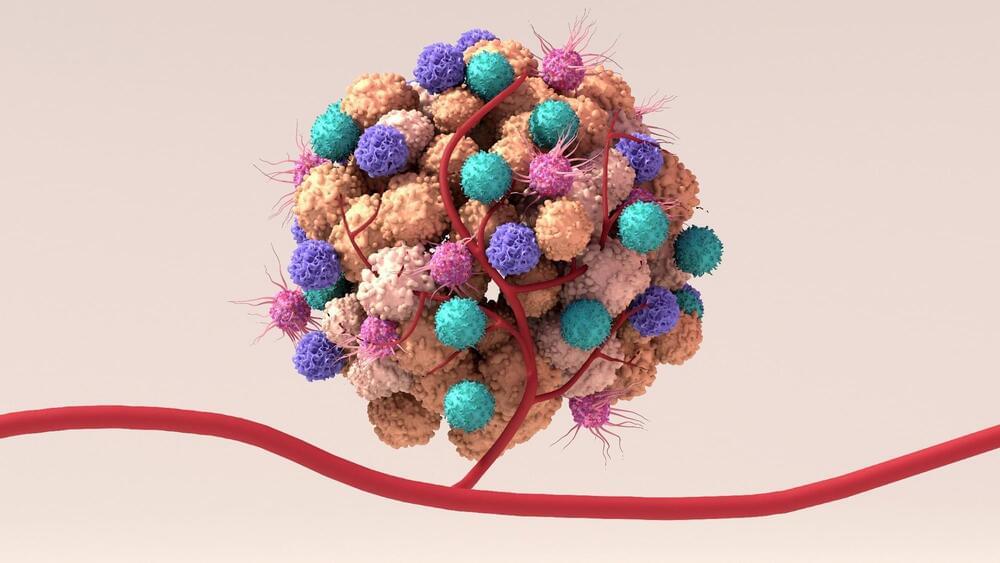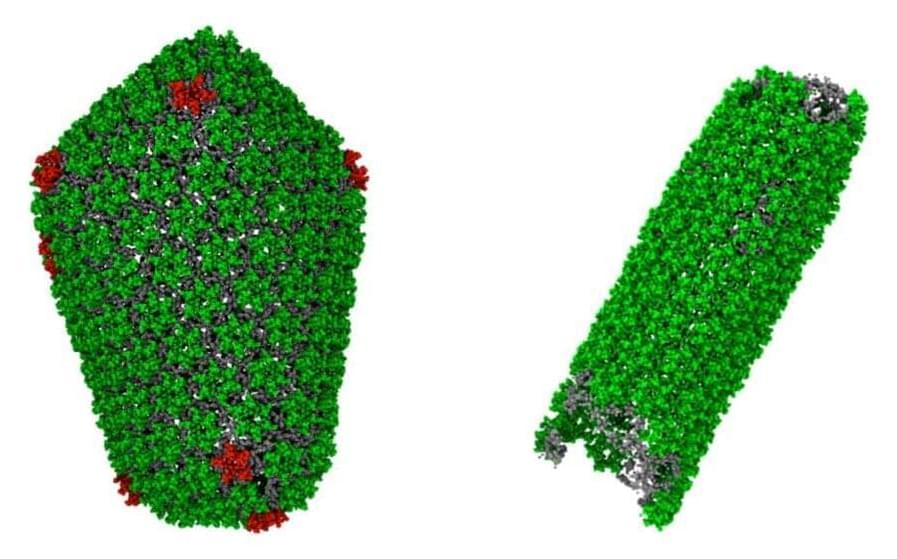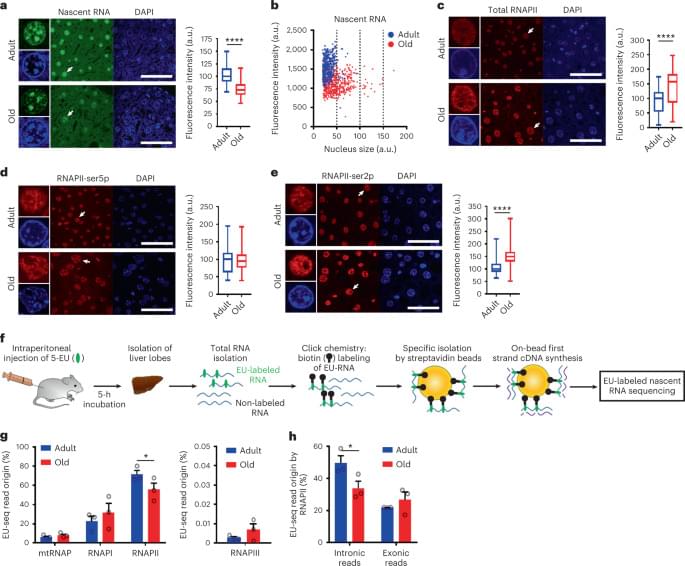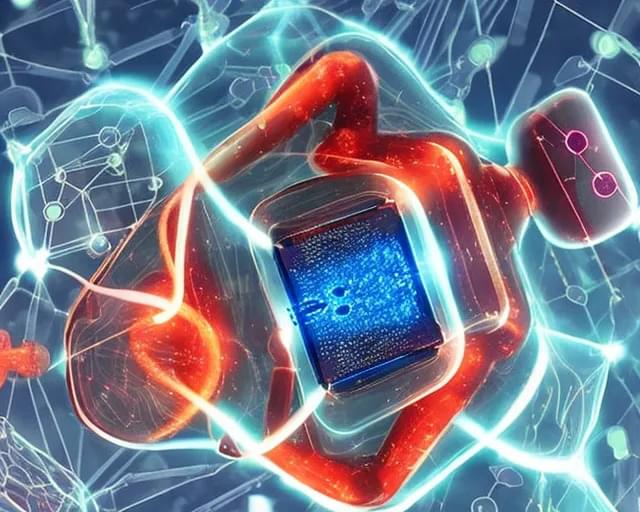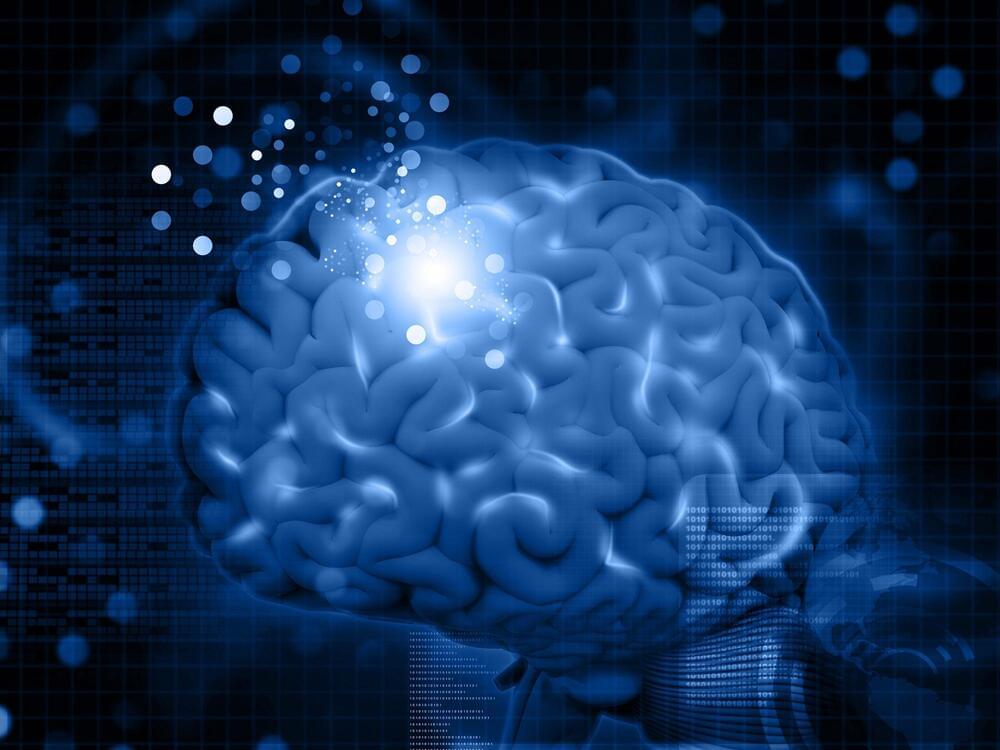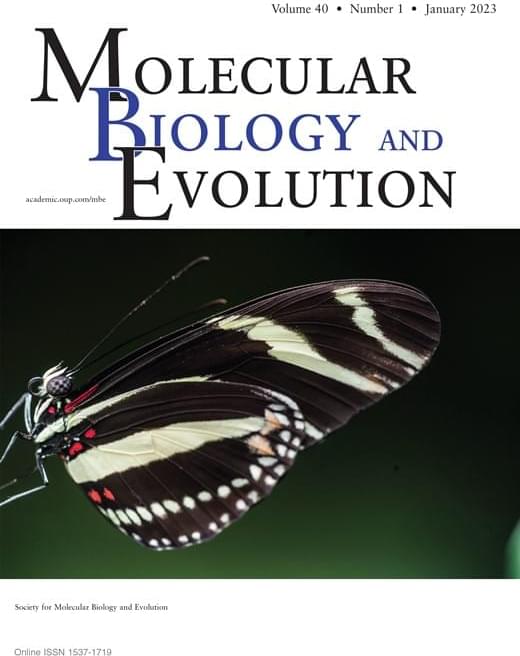Jan 24, 2023
Researchers Find Way To Reverse Aging
Posted by Paul Battista in categories: biotech/medical, chemistry, genetics, life extension, neuroscience
Recent experiments conducted in Boston labs have shown reverse aging results among mice and could show similar results in people.
The combined experiments — which were conducted during a span of 13 years — published Thursday (January 12) in the scientific journal Cell reported that old, blind mice regained eyesight, developed smarter brains and built healthier muscle and kidney tissue, challenging the theory that DNA was the only cause of aging, as it proved that chemical and structural changes to chromatin played a factor without altering genetic code.
The research showed that a breakdown in epigenetic information caused the mice to age and the restoration of the epigenome reversed aging effects.

